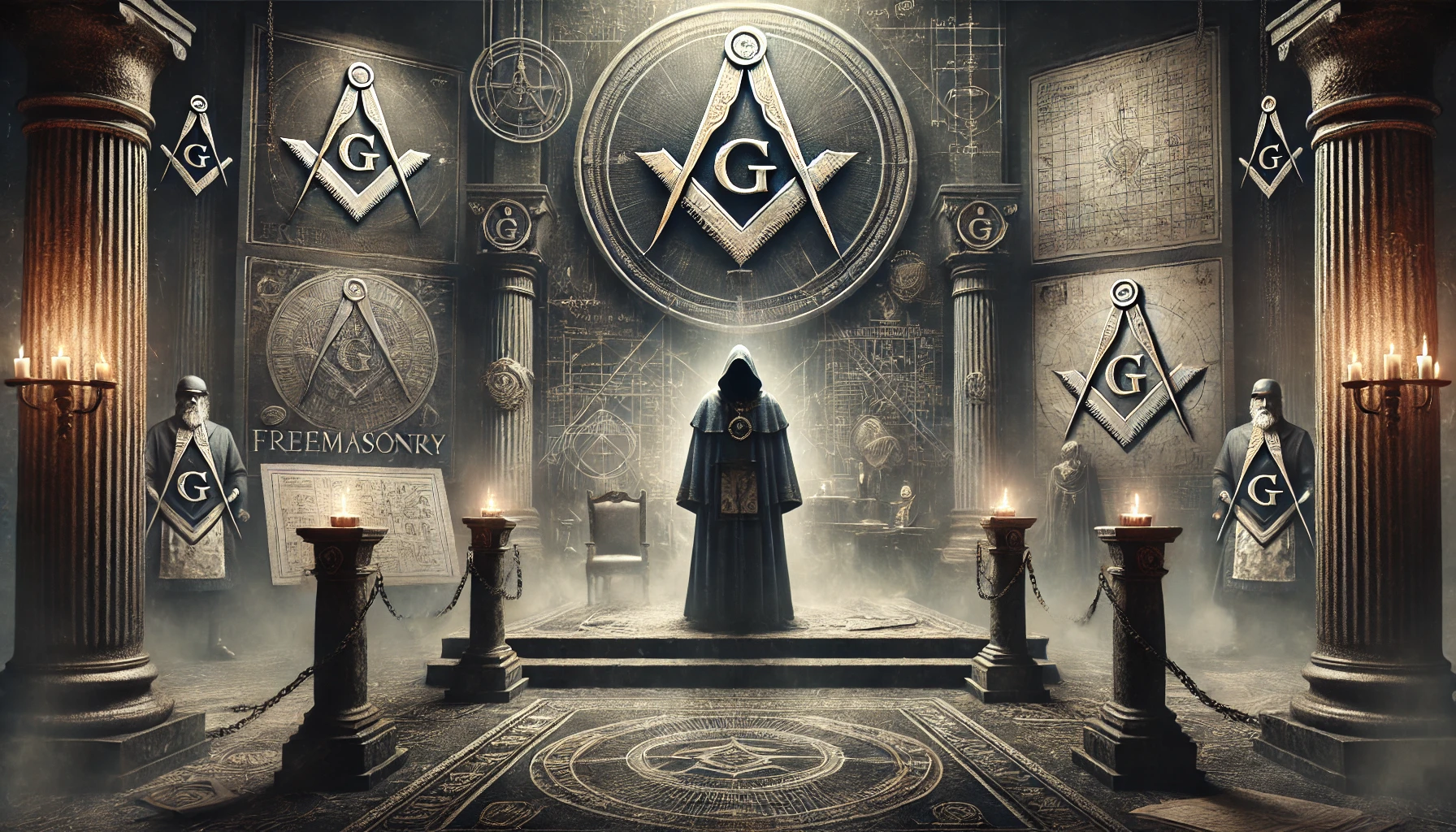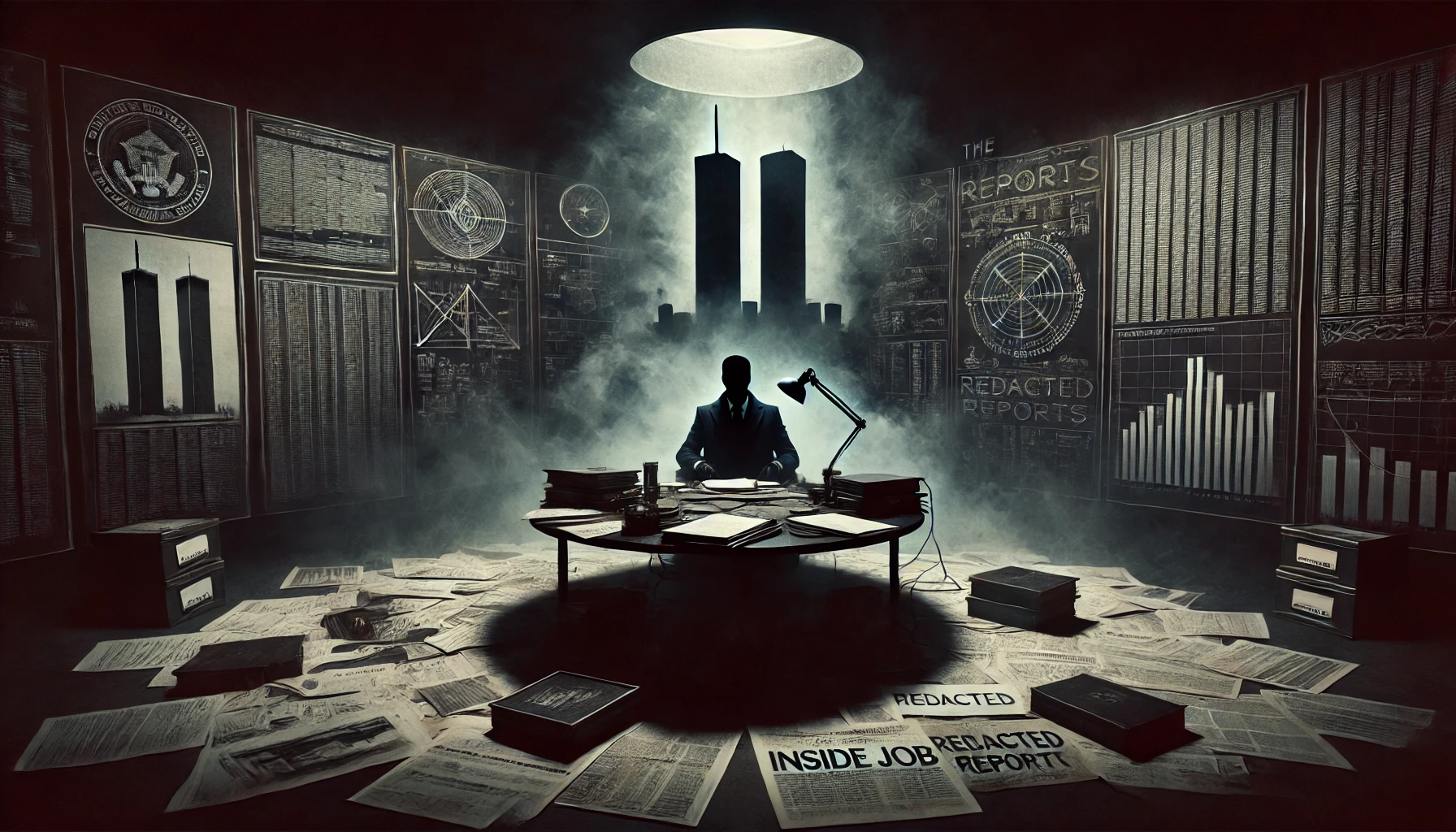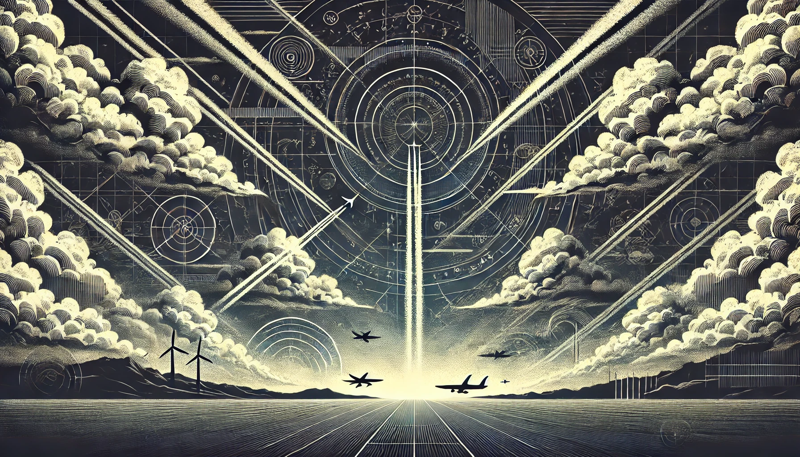
Freemasonry: The Ancient Brotherhood with a Hidden Influence
Freemasonry: The Ancient Brotherhood with a Hidden Influence
Freemasonry is often portrayed as a mysterious and ancient society, and while the brotherhood of Masonry might seem like a relatively recent development, its roots go far deeper. In fact, Freemasonry represents one of the oldest continuous networks on the planet, tracing its origins back thousands of years to when humans first began working with stone. Today, Freemasonry holds a reputation that can be, depending on who you ask, either deeply philanthropic or incredibly sinister. This dual reputation stems from the fact that most Masons are unaware of the true depths of their brotherhood—leaving many to see it as simply a social club while those at higher levels remain hidden, working from behind the scenes.
Masonry has evolved from a guild of stonemasons, who held considerable influence across Europe during the Middle Ages, into a vast global network that exists in almost every country today. During the late Middle Ages, when opposition to the Catholic Church had to go underground, the stonemason guilds were some of the only groups that could still travel freely, maintaining lodges in major cities across Europe. It was during this time that Freemasonry began to establish itself as a powerful force, shrouded in secrecy and drawing on esoteric knowledge passed down through history.
Freemasonry traces its origins back to the ancient world—to the Egyptian Mystery Schools and beyond. Some even believe that the original Masons built the pyramids or hold secrets from those ancient master builders. But Freemasonry isn’t just about working with stone. From the very first degree, initiates take part in rituals, swear blood oaths, and begin learning about a wide array of occult subjects. These subjects include astrology, sacred geometry, tarot, alchemy, and many other mystical teachings that deepen as Masons rise through the ranks.
While 97% of Masons belong to the first three “Blue Degrees” and see their organization as little different from other community or charitable organizations, the higher degrees reveal a different side of Masonry—one rooted in secret knowledge and the consolidation of power. Rising through these degrees requires philosophical alignment with the inner principles of Freemasonry—namely, the belief that the few should control the many, and that secret society rule is virtuous. Those who align with these ideas are promoted, while those who don’t remain at the lower levels, unaware of the deeper currents that drive the organization.
Albert Pike, one of Freemasonry’s most influential figures, once said that the Blue Degrees are just the outer courts of the temple, where initiates are intentionally misled with false interpretations of Masonic symbols. The true meanings are only revealed to those who reach the inner sanctum—those who are prepared to wield the real power.
The Secret Control and Influence of Freemasonry
Freemasonry has long been accused of operating in secrecy to control various facets of global society. The higher-ranking members of the organization are believed to have their hands in politics, finance, and other areas of power. Through its network of influential individuals, Freemasonry has been able to exert significant control over world affairs, often manipulating events to align with the interests of the brotherhood. The organization’s influence is not limited to any one country—it extends across borders, ensuring that the goals of Freemasonry are pursued on a global scale.
Historically, Freemasonry has been at the center of many major global events. The American Revolution, for example, wasn’t just a fight for independence against unjust taxation—it was also heavily influenced by Masonic ideals and a network of Freemasons who sought to establish a new form of governance. Many of the Founding Fathers were high-ranking Masons, and the influence of Freemasonry can be seen in the very structure of the American government and its founding documents. It was a change in perception—from overt royal rule to covert control—with many of the same bloodlines still pulling the strings.
Freemasonry has also played a key role in European revolutions and political movements, often working behind the scenes to orchestrate change. The French Revolution, for example, was influenced by Masonic ideals of liberty, equality, and fraternity—principles that were used to rally the masses while the true agenda remained hidden. In more recent times, Freemasonry has been linked to the formation of international organizations such as the United Nations, which some believe serves as a tool for the global elite to centralize power and control over the world’s nations.
The highest publicly known degree in Freemasonry is the 33rd degree, a title held by many prominent world leaders throughout history. US Presidents, world figures, and even astronauts like Buzz Aldrin have all been members of this mysterious brotherhood. Yet, only those who rise above the 33rd degree truly understand the society’s ultimate goals and secrets. Those in the highest echelons of Freemasonry are said to form an invisible government—an elite group that influences international policy, finance, and social trends, all while remaining in the shadows.
Notable Freemasons Throughout History
The influence of Freemasonry can be traced through the lives of many prominent historical figures. George Washington, Benjamin Franklin, and Thomas Jefferson were all members of the brotherhood and played key roles in the founding of the United States. In the United Kingdom, Winston Churchill was a well-known Freemason who guided his country through World War II. Even beyond politics, Freemasonry has touched the lives of cultural icons like Mark Twain, Wolfgang Amadeus Mozart, and Oscar Wilde, all of whom were part of the brotherhood. Many astronauts, including Buzz Aldrin, and business leaders like Henry Ford have also been linked to Freemasonry, highlighting its influence across various fields.
Freemasons have also been prominent in the banking and financial sectors. Figures such as J.P. Morgan and the Rothschild family have been rumored to have connections to Freemasonry, and their influence over global finance cannot be understated. Through control of the banking system, Freemasonry has been able to influence economic policies and ensure that their interests are prioritized. This control over finance has allowed the brotherhood to fund political campaigns, manipulate economies, and maintain power across generations.
The Secrecy and Power of an Elite Club
Freemasonry has always been shrouded in secrecy, and this veil is part of what makes the brotherhood so intriguing to outsiders. The rituals, oaths, and symbols that are core to Masonic practice serve not only to create a sense of unity among members but also to conceal the true nature of the organization from the public. As initiates rise through the degrees, they are exposed to deeper layers of knowledge, often of an esoteric or occult nature. The journey from the first degree to the 33rd degree is not simply about time or seniority; it is about proving loyalty to the ideals of Freemasonry and gaining the approval of those at the highest levels.
Those who reach the upper echelons of Freemasonry—beyond the publicly known 33rd degree—are often individuals who have demonstrated an unwavering commitment to the organization’s principles. These individuals are said to wield significant influence behind the scenes, using their positions within Freemasonry to shape political, economic, and social landscapes. The secrecy surrounding these higher degrees has led to countless conspiracy theories, with some believing that Freemasonry is at the heart of a global elite working to control world affairs.
The Brotherhood’s Dual Nature
Freemasonry has a visible side, filled with community events, charitable work, and brotherhood—and an invisible side, dedicated to esoteric knowledge and influence over world events. For many, it is simply a club for men of good standing. But for those who delve deeper, it reveals a hidden agenda that stretches back through history, leaving clues in plain sight yet always remaining just out of reach.
Freemasonry is unique in that it offers two very different experiences depending on how deeply one becomes involved. For the majority of Masons, it is a social and charitable organization that fosters friendship and community service. But for those who are invited to rise through the degrees, it becomes something much more—a journey into secret knowledge, power, and influence. The organization’s dual nature allows it to operate on multiple levels, creating a public image of benevolence while pursuing its hidden objectives in the shadows.
Membership and Influence
To be part of this elite club is to be a member of a brotherhood that stretches across the globe and back through time. Members take oaths of loyalty, participate in elaborate rituals, and are taught to value secrecy above all else. This loyalty to the brotherhood often extends beyond personal affiliations, with many Freemasons helping each other advance in politics, business, and other areas of life. It is through these networks that Freemasonry has maintained its influence over centuries, quietly shaping events from behind the scenes.
The process from a first-degree Mason to a 33rd-degree Mason may take years or even decades, but it is not merely based on time. Advancement through the ranks is by invitation only, requiring initiates to prove their dedication and alignment with Masonic ideals. This structure ensures that only those who are truly committed to the principles of Freemasonry rise to positions of power, thereby maintaining the integrity and secrecy of the inner circle. The few who reach these heights often find themselves in positions of influence, using their connections to further the goals of the brotherhood.
Freemasonry is not just a relic of the past—it is a living, breathing network that continues to shape the world today. From its roots in ancient stone-working guilds to its current presence in almost every country on Earth, the brotherhood remains a force to be reckoned with, always hidden in plain sight, yet ever-present. The organization has its hands in many aspects of society—politics, finance, media, and even entertainment—quietly steering the direction of global events. It is this subtle, yet powerful influence that has allowed Freemasonry to endure for centuries and remain a significant force behind the scenes, pulling the strings of world power while maintaining an aura of mystery and secrecy.





Leave a comment